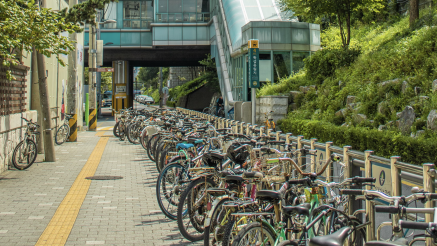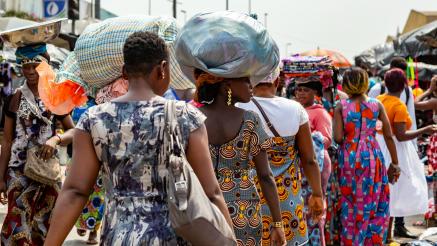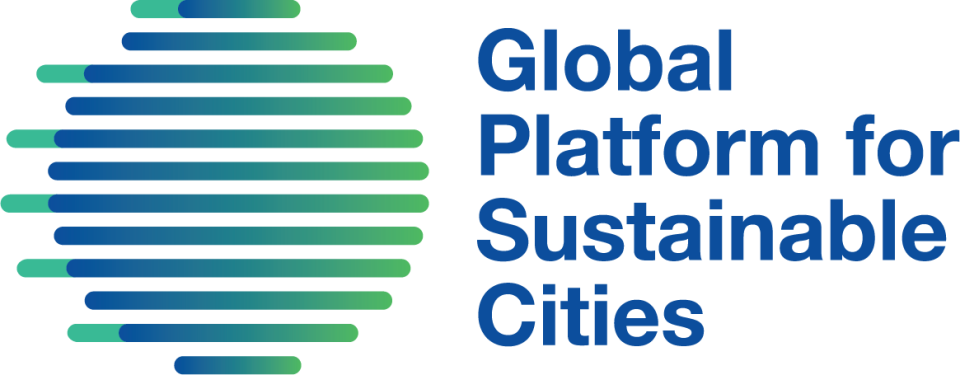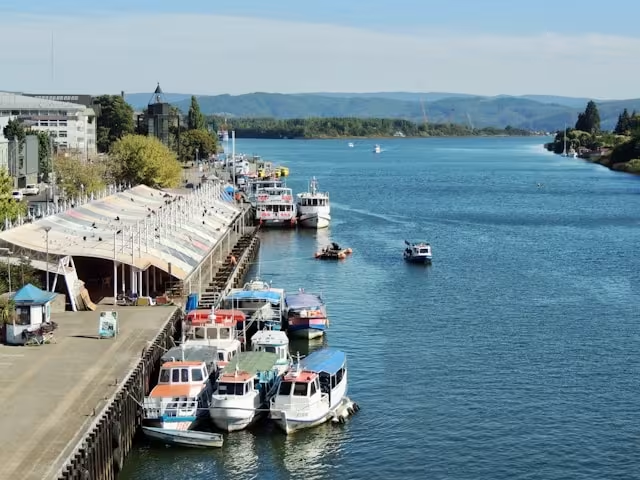Valdivia participates in GEF-8 SCIP via the GPSC, strengthening nature-based solutions and green infrastructure to address flood risk and ecosystem pressures. The city advances integrated land-use planning, decarbonized infrastructure, and circular economy measures. Activities track municipal planning cycles to translate knowledge into bankable investments.
Recent Initiatives



Related Content




